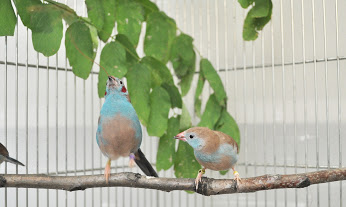The Atlantic
-
![[:eu]The Milky Way’s Fastest Stars Might Be Stolen[:]](https://katedra.eus/app/uploads/2015/08/lead_960.jpg)
[:eu]The Milky Way’s Fastest Stars Might Be Stolen[:]
[:eu]New research suggests hypervelocity stars are runaways from another galaxy.[:]
-
![[:eu]The Challenge of Fighting Mistrust in Science[:]](https://katedra.eus/app/uploads/2014/09/lead_large.jpg)
[:eu]The Challenge of Fighting Mistrust in Science[:]
[:eu]Emphasizing the way scientific findings play out in people’s everyday lives could help.[:]
-
![[:eu]The Case Against Reality[:]](https://katedra.eus/app/uploads/2015/08/lead_960.jpg)
[:eu]The Case Against Reality[:]
[:eu]A professor of cognitive science argues that the world is nothing like the one we experience through our senses.[:]
-
![[:eu]No, We Can’t Say Whether Cancer Is Mostly Bad Luck[:]](https://katedra.eus/app/uploads/2015/08/lead_960.jpg)
[:eu]No, We Can’t Say Whether Cancer Is Mostly Bad Luck[:]
[:eu]How some media outlets magnified the problems with a controversial new paper[:]
-
![[:eu]Trump’s Immigration Ban Is Already Harming American Science[:]](https://katedra.eus/app/uploads/2017/01/lead_960-1.jpg)
[:eu]Trump’s Immigration Ban Is Already Harming American Science[:]
[:eu]Iranian scientists have been a major boon to everything from Mars exploration to Ebola-fighting to advanced mathematics.[:]
-
![[:eu]Why Fractals Are So Soothing[:]](https://katedra.eus/app/uploads/2015/08/lead_960.jpg)
[:eu]Why Fractals Are So Soothing[:]
[:eu]Jackson Pollock’s paintings mirror nature’s patterns, like branching trees, snowflakes, waves—and the structure of the human eye.[:]
-
![[:eu]Decoding the Origami That Drives All Life[:]](https://katedra.eus/app/uploads/2016/09/unnamed-1-12.jpg)
[:eu]Decoding the Origami That Drives All Life[:]
[:eu]“Proteins are built to a precision that would make human engineers blush—every atom is always in exactly the right position.”[:]
-

How 4-Year-Olds Learn Particle Physics
Some say apps that make learning fun are key, but what’s lost when all that learning is spent looking at a screen?
-

Beautiful Waves of Giant Booty-Shaking Bees
Thousands of twerking insects move in unison to ward off predators and cool their colonies.
